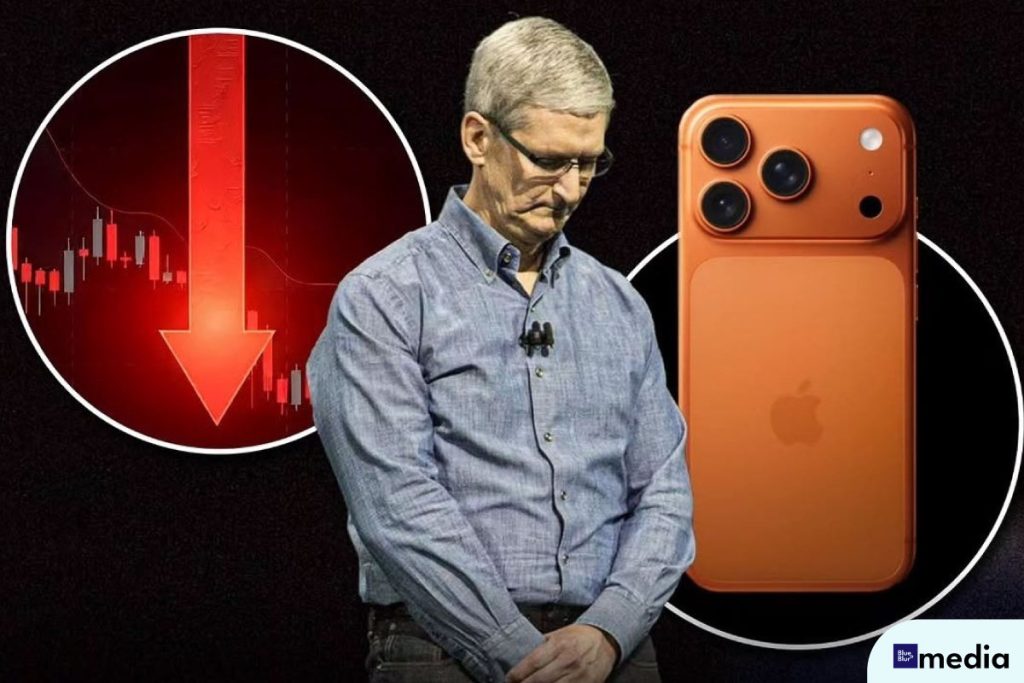Apple Market Value Drops $112B After iPhone 17 Launch: What Caused It and What’s Next

Apple Market Value Drop After iPhone 17 Launch
Apple has faced a sharp decline in its market value following the highly anticipated launch of the iPhone 17. Investors and buyers reacted with disappointment, causing Apple’s stock to drop over 3% and wiping out more than $112 billion from its market capitalization within days. The question now is, what led to this decline and what lies ahead for the tech giant?
Reasons Behind Investor Disappointment
The main reason behind the drop in Apple market value is the perception that the iPhone 17 failed to deliver groundbreaking innovations. Critics and investors had high expectations for major advancements, especially in artificial intelligence features. However, Apple’s AI upgrades, including improvements to Siri, were noticeably absent or postponed to future releases, mostly expected in 2026. This left the iPhone 17 feeling like an incremental update rather than a revolutionary product.
Competition and AI Challenges
Additionally, competition in the smartphone market is intensifying. Rivals like Google and Samsung have made significant strides in AI integration, making Apple’s cautious approach seem less impressive. The Apple market’s reaction reflected concerns over Apple’s pace in the technological race, and the stock price showed a “sell-the-news” effect as much of the hype had been priced in ahead of the launch through leaks and rumors.
Apple’s Product Lineup and Future Outlook on Market Capitalization
Despite the initial setback, Apple’s product lineup, including the new iPhone Air and other accessories, still showcases the company’s strength and innovation capability. Analysts believe the dip represents an entry point for investors who have long-term confidence in Apple’s ability to innovate and maintain its loyal customer base, supporting a possible rebound in Apple market value.
What Comes Next for Apple’s Market Value?
Looking ahead, Apple’s focus on AI improvements, anticipated software updates, and continued ecosystem development could help the company regain momentum. The launch disappointment serves as a reminder that innovation expectations are soaring in the tech world, and companies must continuously push boundaries to stay ahead.
In conclusion, while the iPhone 17 launch led to significant market reaction and a temporary decline in Apple market share, the company’s strategic moves in AI and ecosystem expansion hold promise for a recovery. Investors and consumers alike will be watching closely to see how Apple navigates these challenges in the coming months.

